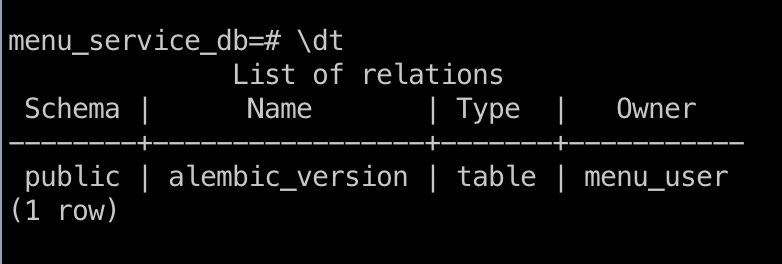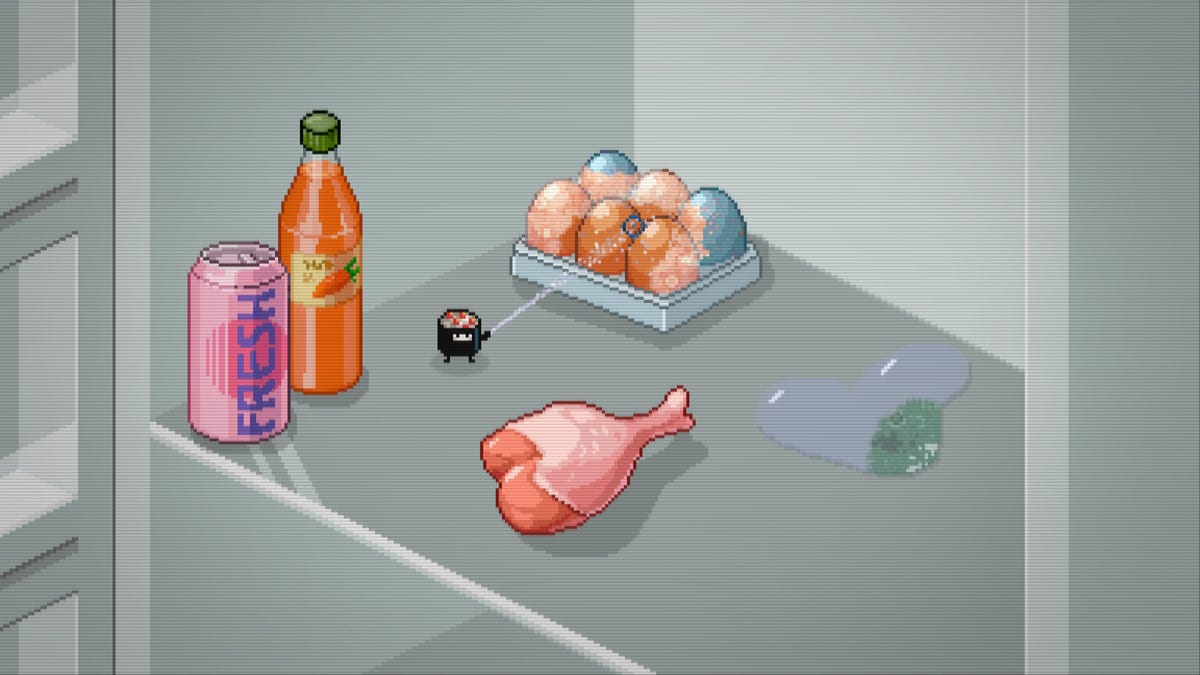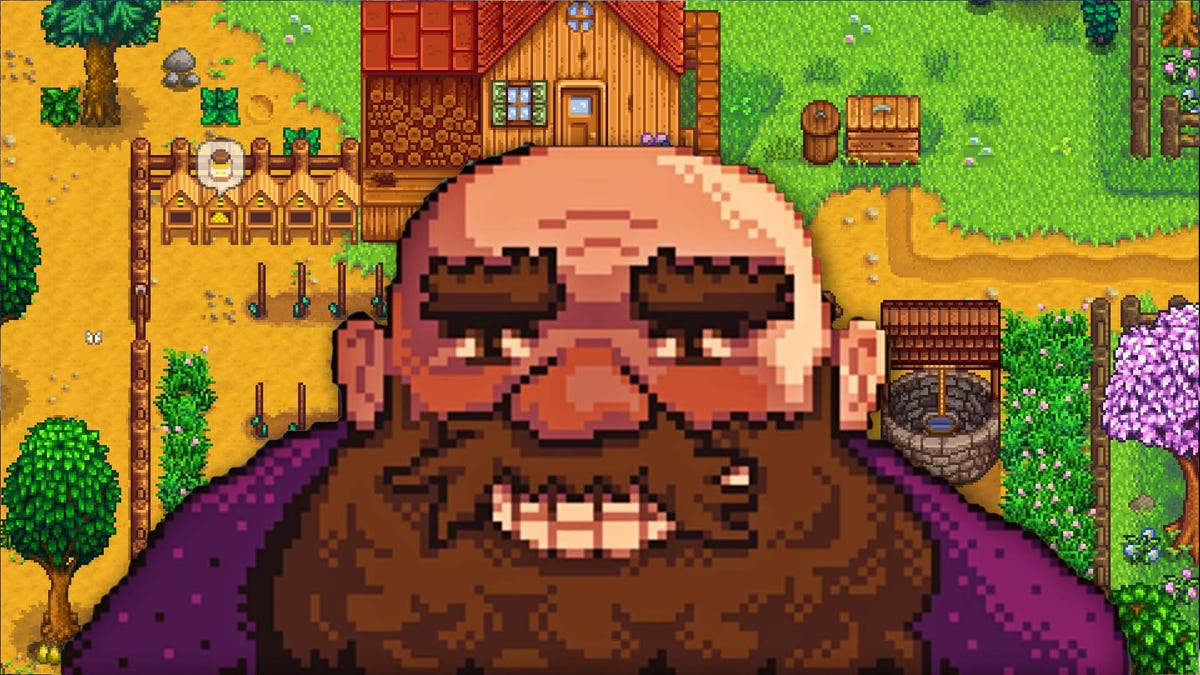A new Dust Bowl? Without conservation programs, it could happen soon.
As Congress works to reauthorize a new Farm Bill, we must remember the lessons of the Dust Bowl and insist on robust funding for USDA conservation programs.

Ninety years ago this month, in the depths of the Great Depression, Congress created a new agency within the U.S. Department of Agriculture to safeguard rural prosperity for future generations: The Soil Conservation Service.
For families like mine, this anniversary marks a turning point when our country learned a hard but important lesson. My family lost our farm in the Dust Bowl: a brutal decade in which the combination of poor land management and drought robbed much of the Great Plains of its topsoil.
For nine decades now, rural Americans have counted on conservation programs from the Department of Agriculture to help them boost soil health and ensure their lands are productive for generations to come. But now, in a moment when many rural Americans are again facing severe economic uncertainty, these programs are threatened.
As a child, I listened to my grandmother’s stories about stuffing towels into the door frame of her family’s Western Nebraska farmhouse during the Dust Bowl in a futile attempt to keep the blowing soil from coming inside. She told me about how, once her parents lost the farm, she had to hire herself out to another family as a domestic helper to earn money for school shoes.
The 1930s presented a similar set of challenges to the ones rural Americans face today. Shifts in the larger economy made farmers’ lives and livelihoods increasingly precarious. No matter how hard they worked, many could not provide a basic standard of living for their families.
On top of the economic hardships and inequality that impacted all Americans during the Great Depression, rural Americans had to grapple with the degradation of farmland, which posed existential challenges to their ability to earn a living.
But the federal government did not back down from this challenge, and it didn’t give up on American farmers. By creating the Soil Conservation Service and a new suite of conservation programs within the U.S. Department of Agriculture, the federal government provided our nation’s farmers with the resources and expert guidance they needed to restore degraded lands and steward the resources on which their livelihoods depended.
These programs came too late for my family’s farm, but I know many other families who credit federal conservation programs with saving theirs. When I took an interest in learning about sustainable agriculture and farming methods that help build and maintain healthy soils, my grandmother encouraged me to do everything I could to help other families avoid the devastating losses she experienced as a young girl.
This is the sense of purpose that’s carried me through 15 years of research with brilliant farmers who are giving back to their lands even as they raise healthy food for their communities.
Today, not only has the current administration clawed back agricultural conservation funding already committed in 2022, impacting 135 grantees across the country, they’ve also paused payments for the Resilient Food Systems Infrastructure program (which builds resilience in the food supply chain to provide more and better markets to small farms and food businesses) and terminated the leases for 111 Agriculture Department offices around the country.
Amid legally dubious firings of probationary staff and threats of mass layoffs, some 16 percent of the department's workforce recently accepted buyouts, gutting the agency.
Here's the thing I wish more folks understood: Farmers actually have two jobs, but they only get paid (sometimes) for one. Farms are private businesses, and they get paid, though often not very well, for the products they produce. But then farmers also steward public resources that we all rely on, such as clean water and healthy soil. These are the folks that we need to be making sure carbon and nitrogen are in their proper balance, rather than polluting our drinking water and our atmosphere.
It is incredibly shortsighted to pull the rug out from under these small businesses, just when we most need their help to avert the worst consequences of climate change and build at least some modicum of resilience for the extreme weather and supply chain disruptions to come.
We all eat, and we all have an interest in clean water and a stable climate. As Congress works to reauthorize a new Farm Bill, we must remember the lessons of the Dust Bowl and insist on robust funding for the Department of Agriculture's conservation programs.
Liz Carlisle is an associate professor of Environmental Studies at UC Santa Barbara and a Public Voices Fellow of the OpEd Project. She is the author of three books about regenerative and organic agriculture: “Lentil Underground,” “Grain by Grain” (with Bob Quinn), and “Healing Grounds.”







































































